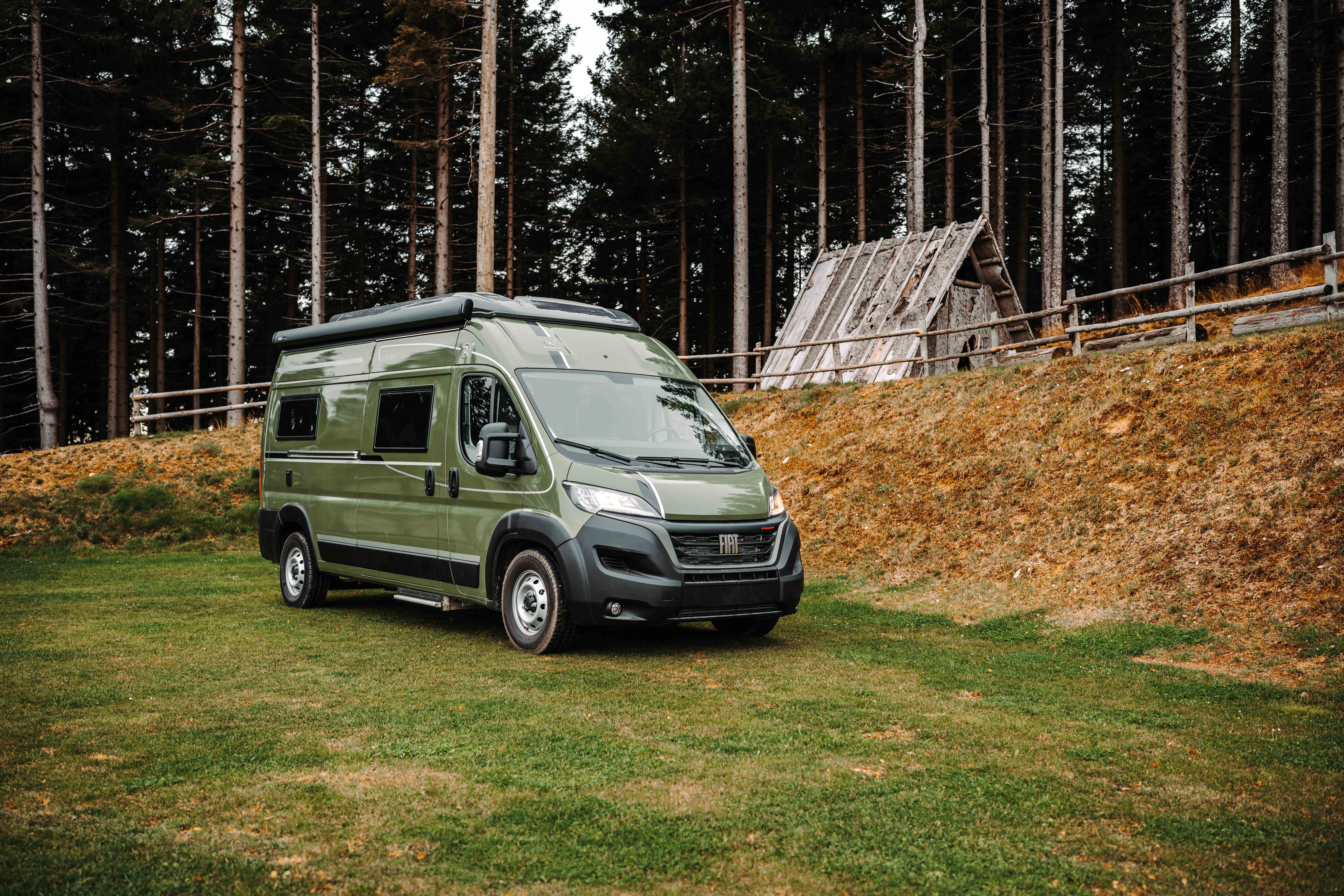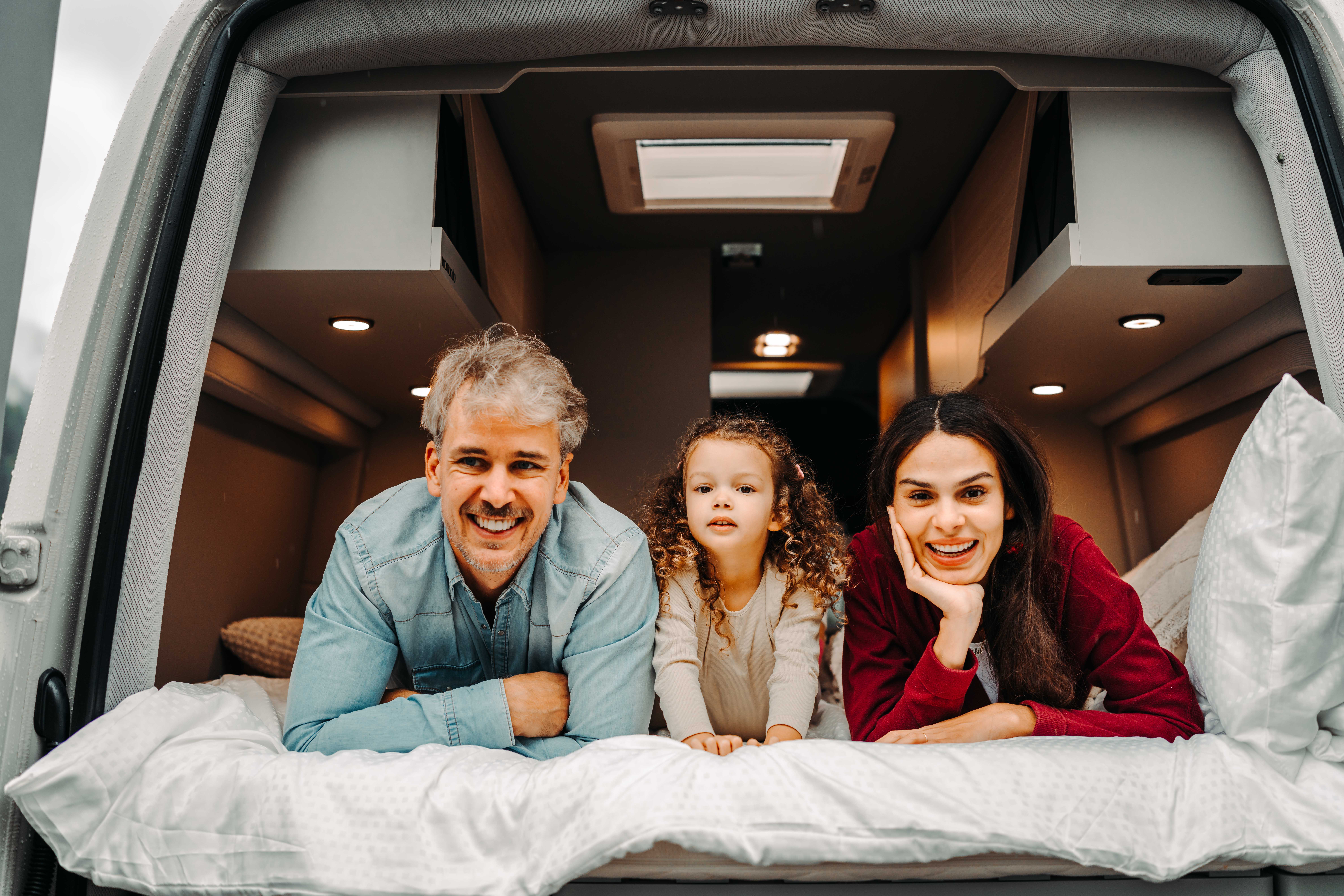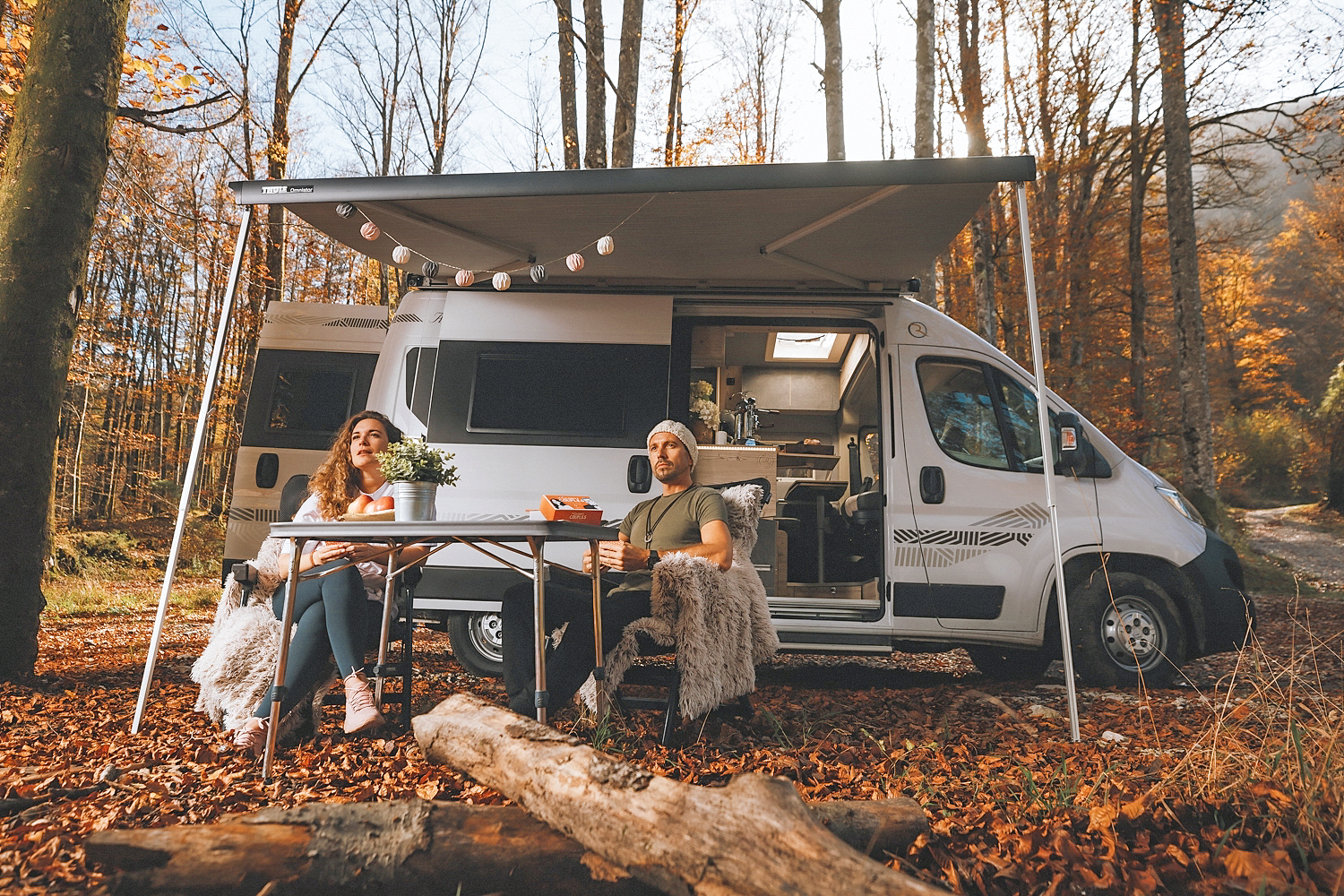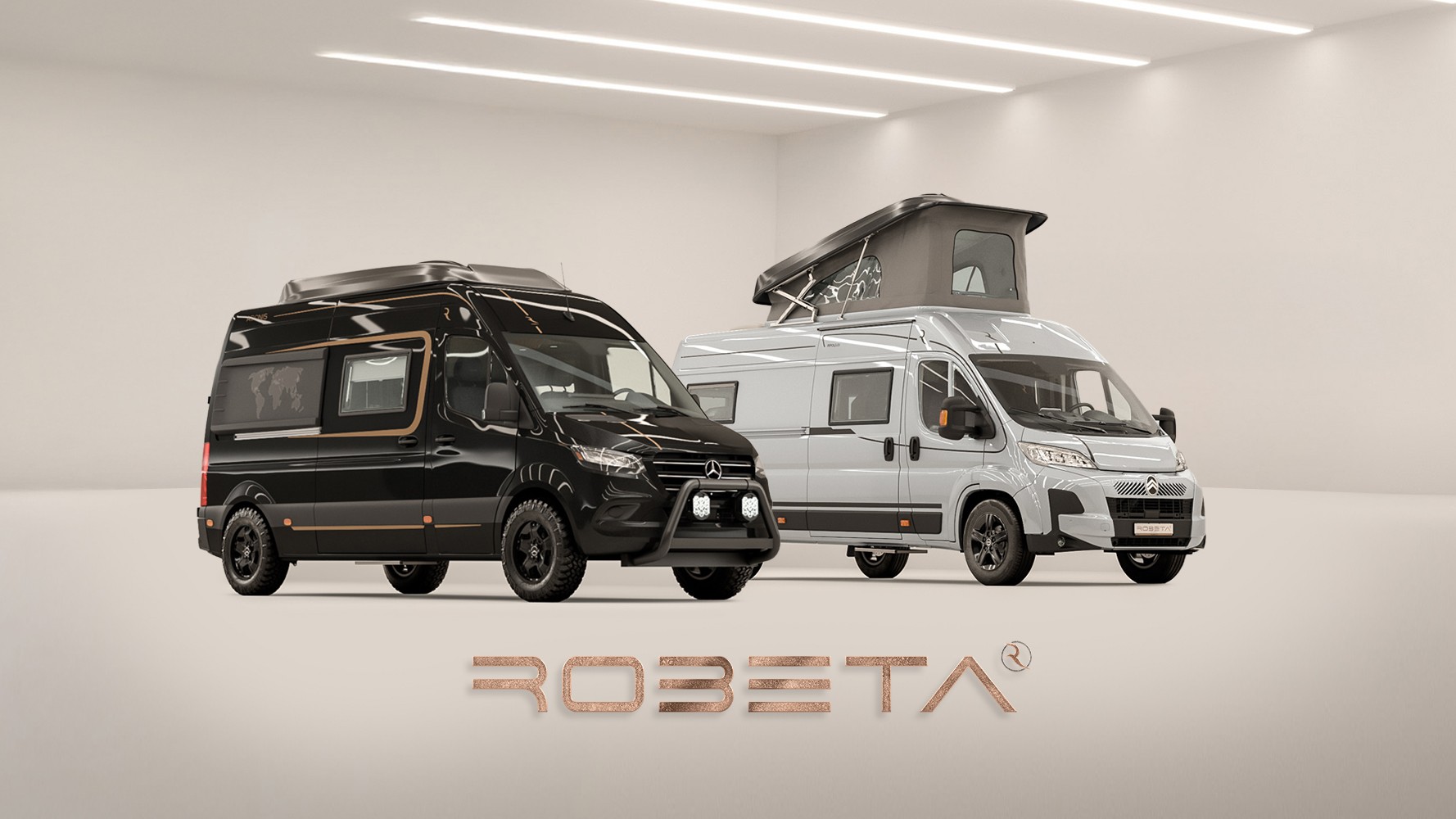Every Robeta campervan is a personal story on wheels. The way you configure your vehicle influences not only how comfortably you’ll travel, but also how freely you can explore. Robeta’s biggest advantage is its adaptability—yet this wide range of options can feel overwhelming at first. That’s why we’ve put together a guide with the most important questions to ask yourself when designing your dream campervan. The goal: to help you build a vehicle that fits your life, not the other way around.
Buying a campervan is a long-term investment in your lifestyle. A well-configured Robeta van brings years of worry-free travel, while a poorly planned one can lead to discomfort or expensive adjustments down the line. At Robeta, we build vans to last, and that durability shines when your setup truly supports your habits and destinations. Whether you’re a weekend adventurer or planning to tour Europe, your van should be ready for the ride.
This first question shapes everything else. Are you someone who sets out for weeks at a time, or do you prefer shorter getaways? Do you love the peace of remote off-grid camping spots, or are you drawn to the rhythm of city life? Do you park in one place for several days, or change locations daily?
These answers determine how much space you need, what kind of storage is required, and how the vehicle should behave on different terrains. If long journeys with lots of equipment are your style, a larger model like the Apollo (6.36 m) is ideal. If you want a camper that doubles as a city vehicle, the compact Ares (5.4 m) offers agility and daily drivability. For off-road exploration, the Adonis with 4x4 package is the best fit.
When it comes to the chassis, the Mercedes base (used for Adonis) offers premium driving comfort, advanced tech, and enhanced safety. The Stellantis group (Fiat, Citroën, Opel) is more budget-friendly and offers widespread service access. In fact, the final decision between these chassis often comes down to service availability—having a trusted service provider nearby can be a decisive factor.
Another detail to consider is vehicle height - standard H2 models offer interior standing height of 190 cm that supports the installation of a pop-up roof, while the higher H3 variant (available on Apollo) provides even more interior headroom (210 cm) but is not compatible with a pop-up roof.

Robeta offers flexible seating and sleeping layouts for two to five travellers:

How you sleep, and how you spend time inside the van during the day, directly affects your layout decisions. Think about how many beds you need and how important it is to maintain a seating or lounge space at the same time.
Family Edition vans with a rear lifting bed allow the living area to remain usable during the day. The bed can be raised to create space for sitting, playing, or dining, and then lowered in the evening without the need to rearrange cushions or furniture.
A pop-up roof provides a generous sleeping area (1.45 m x 2.20 m), perfect for children or guests. This space-saving solution is available on all models except the Apollo H3 and allows four or more people to sleep comfortably.
For taller travellers, the Kronos model is an excellent choice. It offers longitudinal beds up to 2.1 m in length, making it easier to stretch out. The V-shaped bed layout, available as an upgrade in both Kronos and Apollo, provides additional comfort and easier access, particularly appreciated by older users.
If you plan on winter travel, we recommend avoiding the pop-up roof. Instead, opt for a model with two fixed beds inside, such as the Family Edition. This layout maintains better insulation, retains heat more effectively, and provides increased comfort during cold weather conditions.

Your comfort on the road depends a lot on your bathroom and toilet system. Robeta offers multiple options:
Bathroom size and layout vary by model. Larger vans offer more options, while compact models usually come with one specific type.
If your travels include sports or adventure activities, your campervan should be able to carry your gear safely.
The Active Edition features a rear lifting bed with a spacious garage area beneath it, ideal for bikes and outdoor equipment. Add-ons like a pull-out bike holder or an Airline tie-down system in the luggage area ensure everything stays in place while driving.
If you prefer transporting bikes outside the van, a tow bar can be installed for an external rack.

If you’ll be staying at campgrounds with power access, a basic battery setup will suffice. But if you crave freedom and plan to camp off-grid, Robeta’s Off Grid packages give you real autonomy. The Off Grid+ version includes a powerful lithium battery, inverter for 220V appliances, and a high-efficiency solar panel.
As for heating, you can choose between a diesel-only system or a diesel + electric combo, which is great for those who often connect to mains electricity. Planning to travel in colder seasons? Be sure to include a heated grey water tank to keep systems running even in freezing temperatures.
Your starting point is the base price of your preferred model. From there, decide which extras offer real value for your lifestyle. You might choose a roof-mounted Wi-Fi antenna, heated seats for winter, a digital control panel for smart energy management, or even a built-in coffee machine. For security, a top-tier alarm system with gas detection adds peace of mind, especially when camping off-grid. And instead of a built-in air conditioner, some prefer a 12V roof fan for natural airflow without needing to be plugged in.
By answering these seven questions, you lay the groundwork for a campervan that fits your needs today, and adapts with you tomorrow. Robeta offers true customization, but the real magic happens when you match those options to how you live, travel, and rest.
